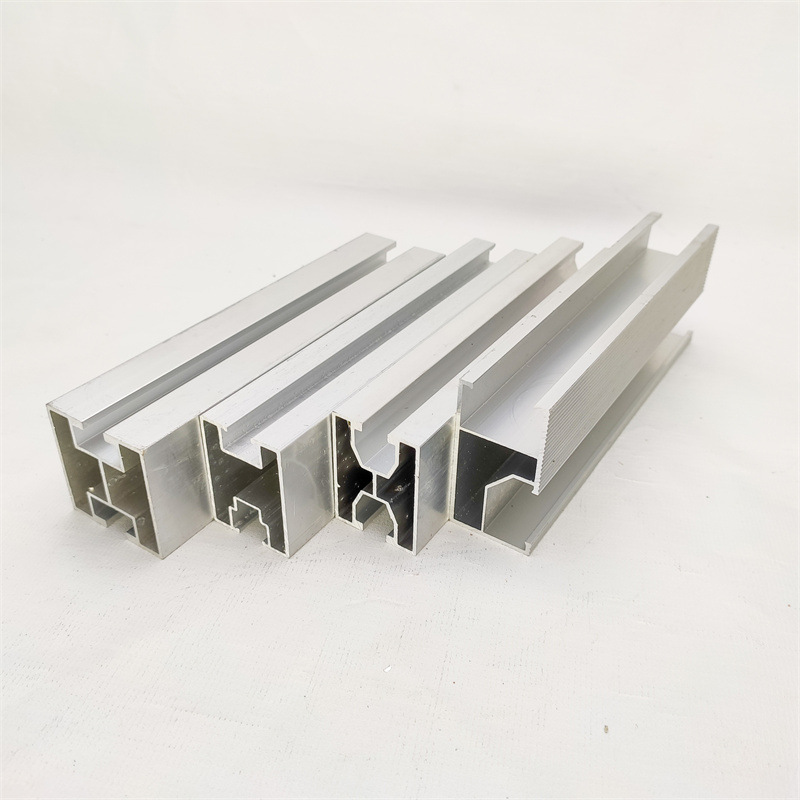

hex screws self tapping
Nov . 16, 2024 04:18 Back to list
hex screws self tapping
Understanding Hex Screws and Self-Tapping Technology
Hex screws are a fundamental component in many engineering and construction applications. Their unique design and functionality make them indispensable in various settings, from home improvement projects to industrial manufacturing. Among the various types of screws available, self-tapping hex screws stand out, providing distinct advantages in fastening and joining materials together.
What are Hex Screws?
Hex screws, also known as hex head screws, feature a hexagonal head that allows for easy tightening and loosening using a wrench or hex key. Their design ensures a strong grip, which is essential for securing materials firmly. These screws are characterized by their robust construction, often made from high-strength materials like stainless steel or alloy steel. This durability makes them suitable for a vast range of applications, including automotive, construction, and machinery assembly.
The Beauty of Self-Tapping Screws
Self-tapping screws are engineered to create their own holes in the material they are driven into. This feature distinguishes them from conventional screws, which require a pre-drilled hole. The self-tapping mechanism involves a sharp, pointed tip and threads that are designed to cut into the material, effectively “tapping” the new hole as the screw is driven in. This capability not only saves time but also enhances efficiency during installation, as it reduces the need for additional drilling equipment.
Advantages of Using Self-Tapping Hex Screws
1. Time Efficiency The most notable advantage of self-tapping hex screws is the substantial reduction in installation time. Since they eliminate the need for pre-drilling, projects can be completed faster, making them ideal for both DIY enthusiasts and professional contractors.
hex screws self tapping

2. Cost-Effective As they reduce the need for additional tools like drills, self-tapping hex screws can lower overall project costs. This makes them an attractive choice for budget-conscious builders and manufacturers.
3. Strong Joint Formation When properly installed, self-tapping hex screws create a strong, reliable joint that can withstand significant stress. This strength is critical in applications where safety and stability are paramount.
4. Versatility Self-tapping hex screws can be used on a wide range of materials, including wood, plastic, and metal. This versatility contributes to their popularity in various fields, from construction to electronics.
Applications of Self-Tapping Hex Screws
Self-tapping hex screws are widely used across different industries. In construction, they are often utilized in framing, roofing, and decking applications due to their robust holding power. In the automotive industry, these screws are employed in assembling various components, ensuring a secure fit that enhances vehicle safety. Moreover, in the electronics sector, self-tapping screws are used to secure panels and housings, providing ease of access for maintenance.
Conclusion
In summary, self-tapping hex screws represent a remarkable innovation in fastening technology. Their unique design and self-seating ability offer significant advantages, including time efficiency, cost-effectiveness, and versatility across various applications. Whether you are involved in large-scale construction projects or simple home repairs, understanding the utility of self-tapping hex screws can enhance your approach to fastening and assembly. As technology continues to evolve, these screws will likely remain a staple in both commercial and industrial sectors, reflecting their indispensable role in modern engineering.
Latest news
-
High-Strength Hot Dip Galvanized Bolts - Hebei Longze | Corrosion Resistance, Customization
NewsJul.30,2025
-
Hot Dip Galvanized Bolts-Hebei Longze|Corrosion Resistance&High Strength
NewsJul.30,2025
-
High-Strength Hot-Dip Galvanized Bolts-Hebei Longze|Corrosion Resistance&High Strength
NewsJul.30,2025
-
Hot Dip Galvanized Bolts-Hebei Longze|Corrosion Resistance&High Strength
NewsJul.30,2025
-
Hot Dip Galvanized Bolts - Hebei Longze | Corrosion Resistance, High Strength
NewsJul.30,2025
-
High-Strength Hot Dip Galvanized Bolts-Hebei Longze|Corrosion Resistance, Grade 8.8
NewsJul.30,2025

